In a previous tutorial we discusses how we can exploit a buffer overflow vulnerability on a Linux machine. I wen through all theories in depth and explained each step. Now today we are going to....

Have you ever wondered how attackers gain control over remote servers? How do they just run some exploit and compromise a computer? If we dive into the actual context, there is no magic happening.....

Ever notice that little padlock icon in your browser's address bar? That's cryptography working silently in the background, protecting everything you do online. Whether you're sending an email,....

The stack is an important concept in computer science. If you are planning to learn reverse engineering, malware analyzing, exploitation, etc., this concept is a must to learn. After learning about....

GDB is shipped with the GNU toolset. It is a debugging tool used in Linux environments. The term GDB stands for GNU Debugger. In our previous protostar stack0 walkthrough tutorial, we used GDB....

Metasploit is a powerful penetration testing framework that automates exploit development, generates shellcode, and acts as a listener for incoming connections. This tutorial introduces how to create....

Hi all, Here I'm back with another algorithmic problem. This is a classical interview question asked almost everywhere. As you may know, I recently did a Software Engineering internship at WSO2.....

If you are into Web3 development, the term blockchain is not a new thing to you. In the last blog post of this series, I explained most of the core concepts behind how a blockchain works. Learning....

Server-Side Request Forgery (SSRF) is a web security vulnerability that allows an attacker to induce the server-side application to make HTTP requests to an arbitrary domain of the attacker's....

HTTP Header Injection is a critical web security vulnerability that occurs when an application allows user-controlled input to be inserted into HTTP response headers without proper validation or....

Cross-Site Scripting (XSS) is one of the most prevalent and dangerous web application security vulnerabilities. According to OWASP, XSS consistently ranks among the top 10 web application security....

Cross-Site Request Forgery (CSRF) is a web security vulnerability that allows an attacker to induce users to perform actions that they do not intend to perform. It occurs when a malicious website,....

Web applications are one of the most targeted surfaces by attackers. This is primarily because they are accessible over the internet, making them exposed and potentially vulnerable. Since these....

Ever clicked that handy "Sign in with Google" button instead of creating yet another username and password? You're not alone! Behind that convenient button lies a powerful technology called OAuth....

Every time you see that small padlock icon in your browser's address bar, you're witnessing one of the internet's most important security technologies at work. This tiny symbol represents....

In a previous tutorial we discusses how we can exploit a buffer overflow vulnerability on a Linux machine. I wen through all theories in depth and explained each step. Now today we are going to....

Have you ever wondered how attackers gain control over remote servers? How do they just run some exploit and compromise a computer? If we dive into the actual context, there is no magic happening.....

Ever notice that little padlock icon in your browser's address bar? That's cryptography working silently in the background, protecting everything you do online. Whether you're sending an email,....

Netcat, often abbreviated as `nc`, is a versatile command-line networking tool that can be used for almost anything related to TCP, UDP, or UNIX-domain sockets. It's beloved by network engineers,....

A **web shell** is a script that enables an attacker to gain remote control over a web server. It is especially useful for **post-exploitation tasks**, allowing an attacker to execute arbitrary....
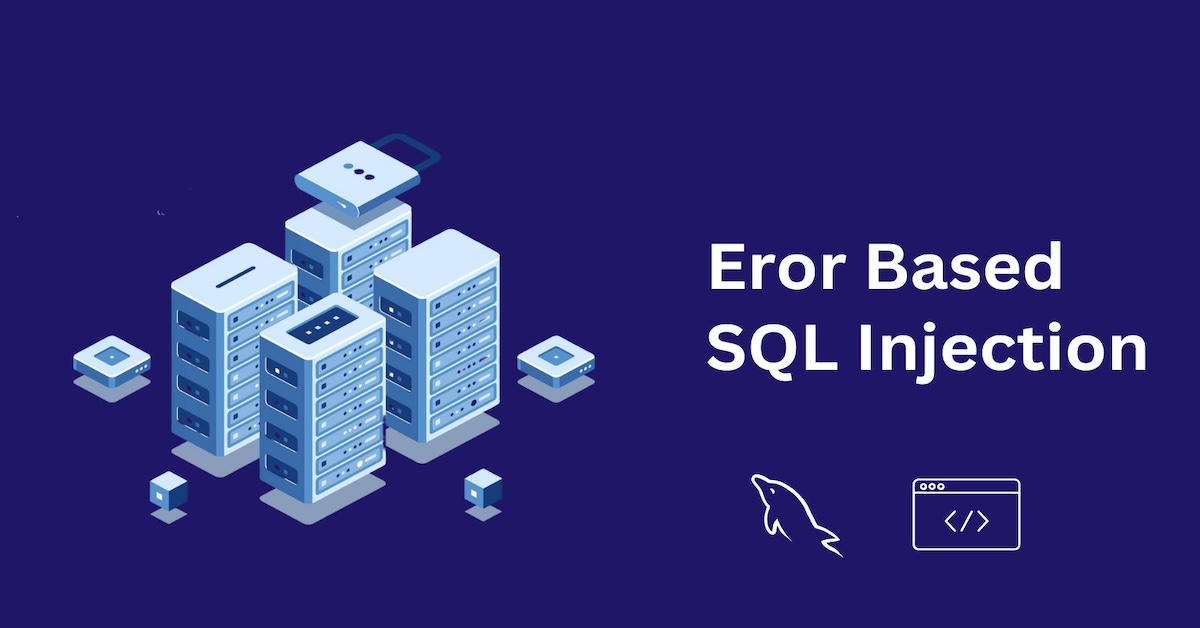
In the previous example, we saw how a classic [SQL Injection Login Bypass](https://hacksland.net/sql-injection-login-bypass) works. SQL Injection is not all about that. The real fun is we can extract....
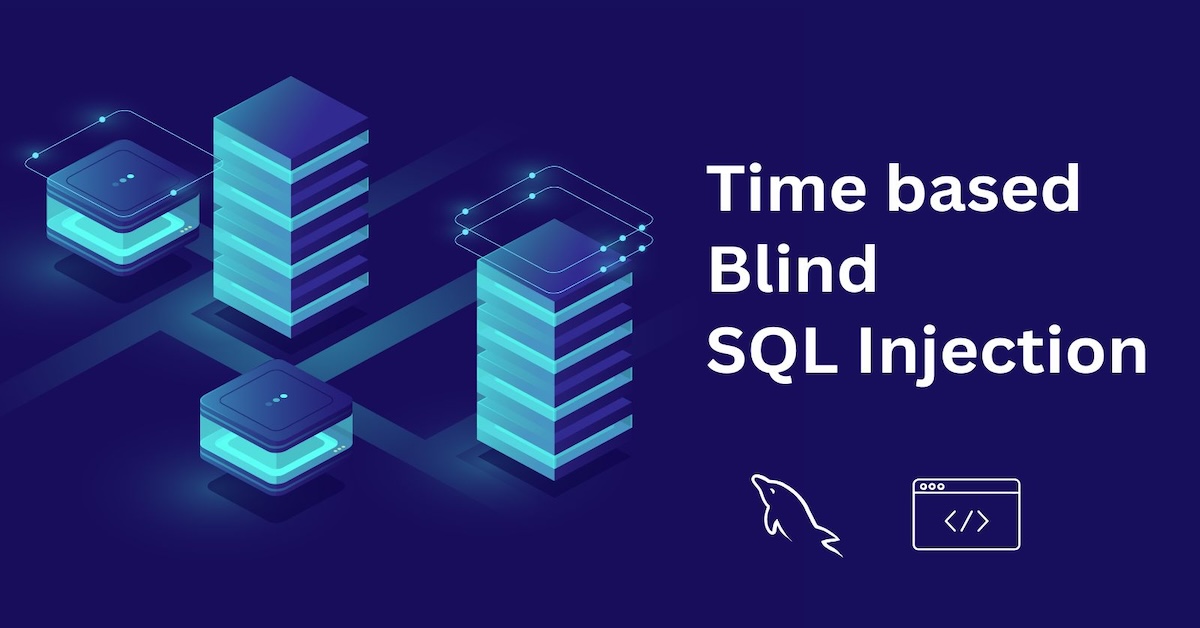
Blind SQL Injection happens when: There is a SQL injection vulnerability, BUT the application does not show any SQL errors or query outputs directly. In this case, an attacker has to ask....
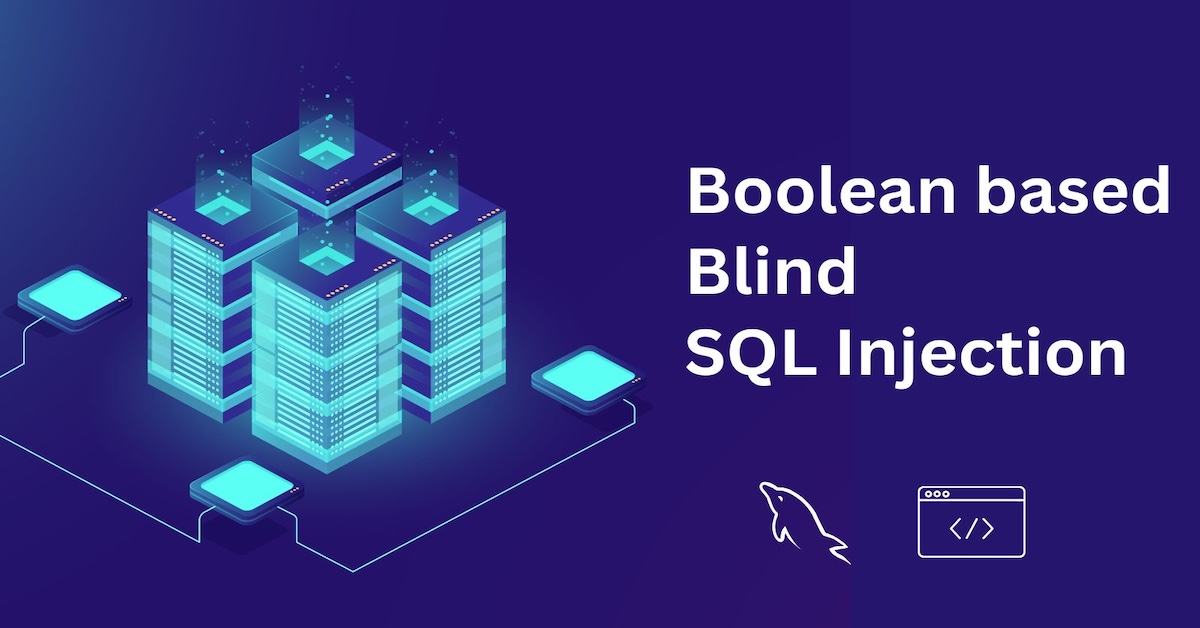
Blind SQL Injection happens when: There is a SQL injection vulnerability, BUT the application does not show any SQL errors or query outputs directly. In this case, an attacker has to ask....

SQL Injection (SQLi) is one of the oldest and most fundamental web application vulnerabilities. While it’s becoming rarer in modern web apps due to better coding practices and frameworks,....
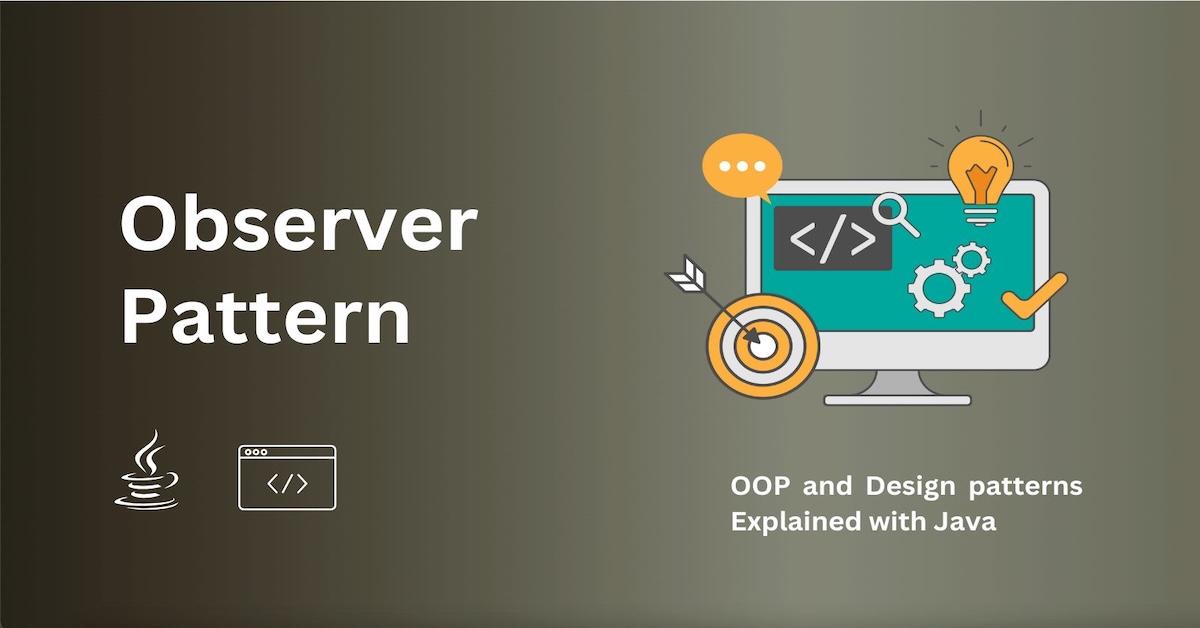
When one object needs to notify many other objects about changes in its state **automatically**, the **Observer Pattern** steps in. ## What is the Observer Pattern? - Defines a....
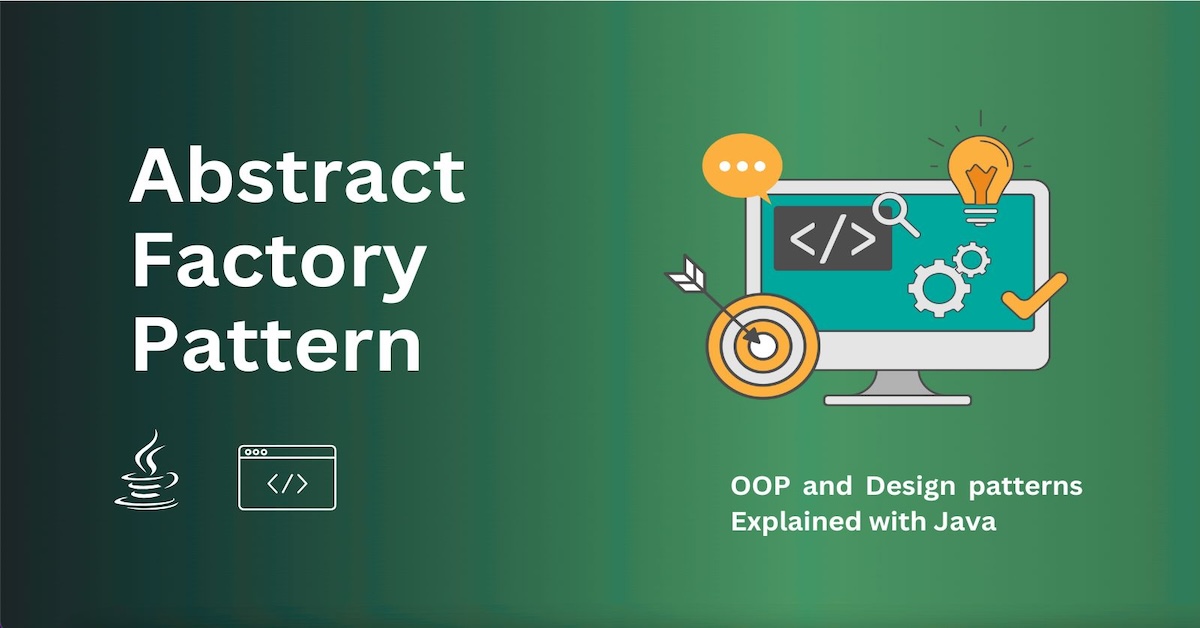
When you want to create **families of related objects** without specifying their concrete classes, the **Abstract Factory Pattern** is your best friend. --- ## What is the Abstract Factory....
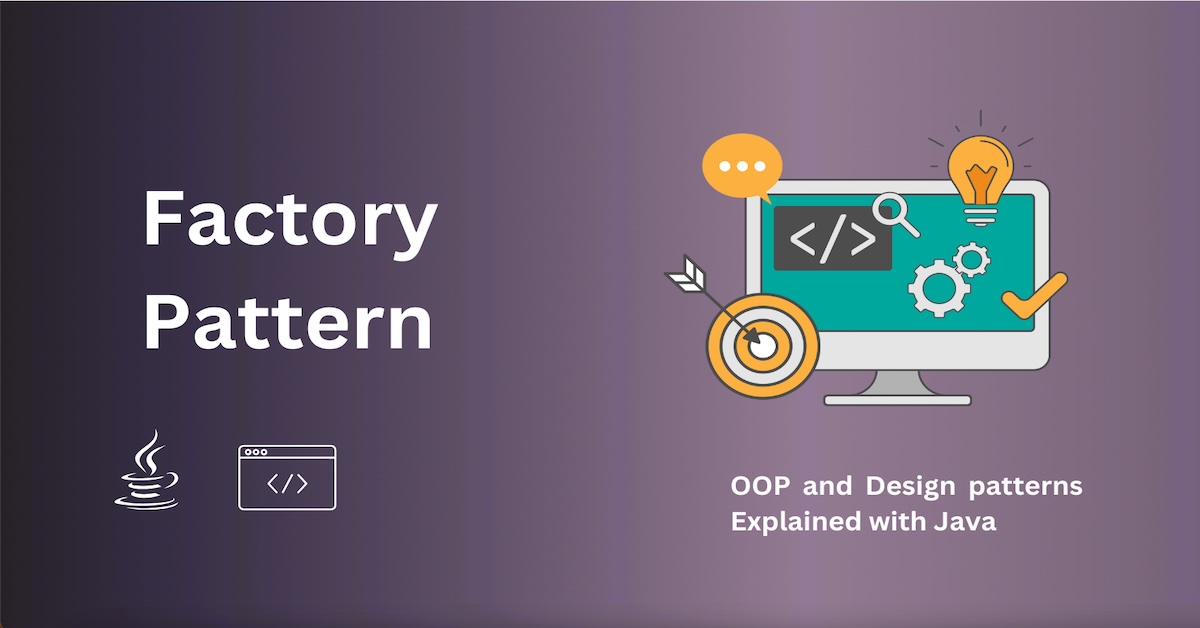
# Factory Pattern Imagine you want to create objects — but you don't want to expose the creation logic to the client and instead ask a factory class to **create objects for you**. That's....
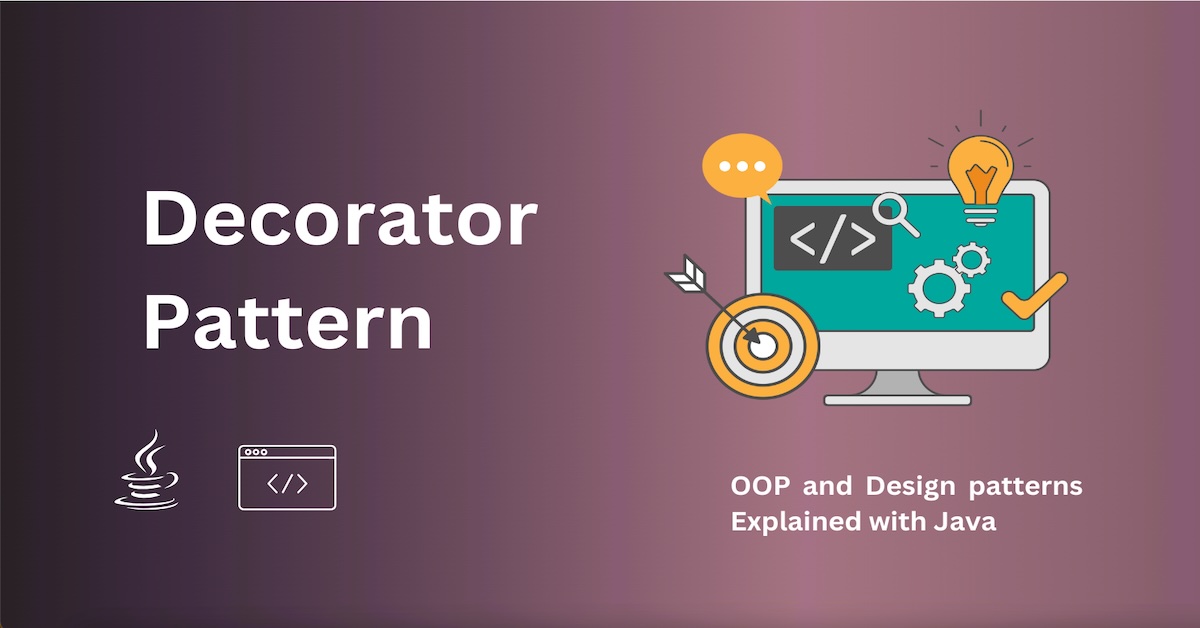
When you want to **add new functionalities** to an object **without modifying its structure**, the **Decorator Pattern** comes to the rescue. The Decorator Pattern lets you dynamically **wrap**....
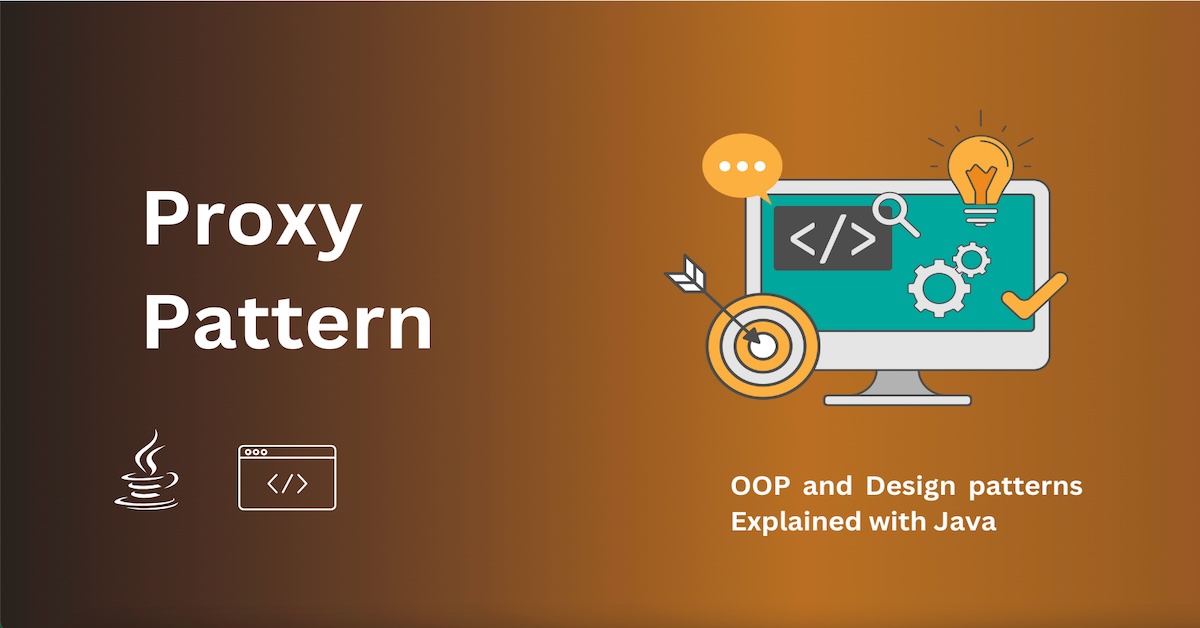
Sometimes you don't want or can't allow direct access to an object. Maybe it's expensive to create, needs special permissions, or you want to control access in some way. This is where the **Proxy....
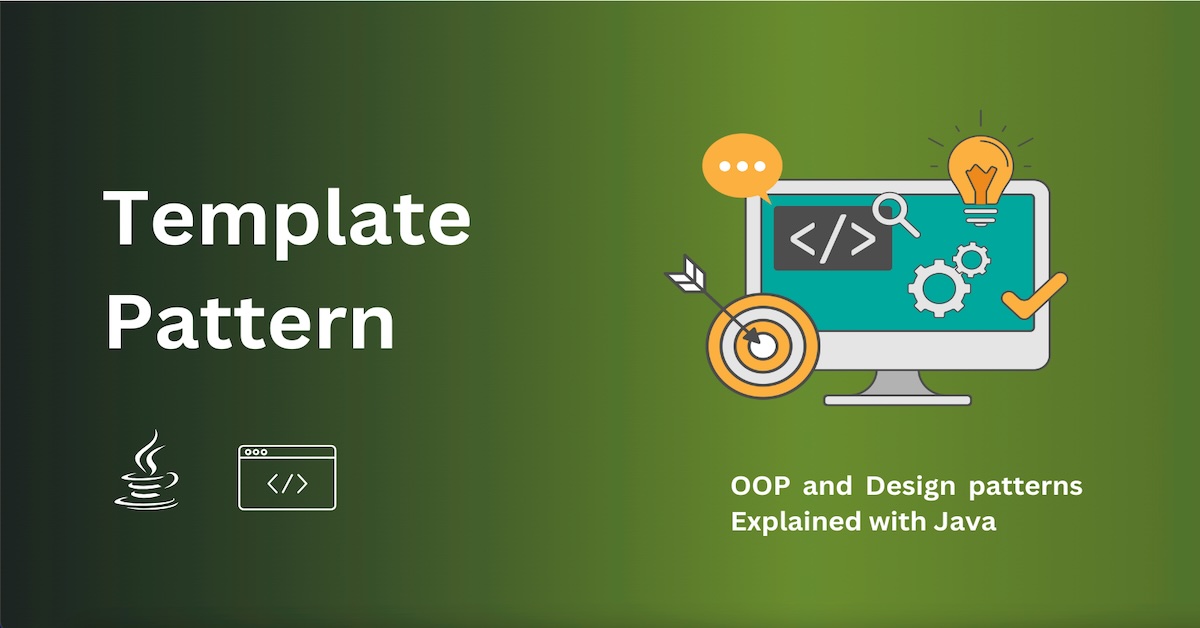
Ever found yourself writing similar logic over and over, only to change a few steps each time? That’s exactly what the **Template Pattern** helps you solve. The **Template Pattern** is a....
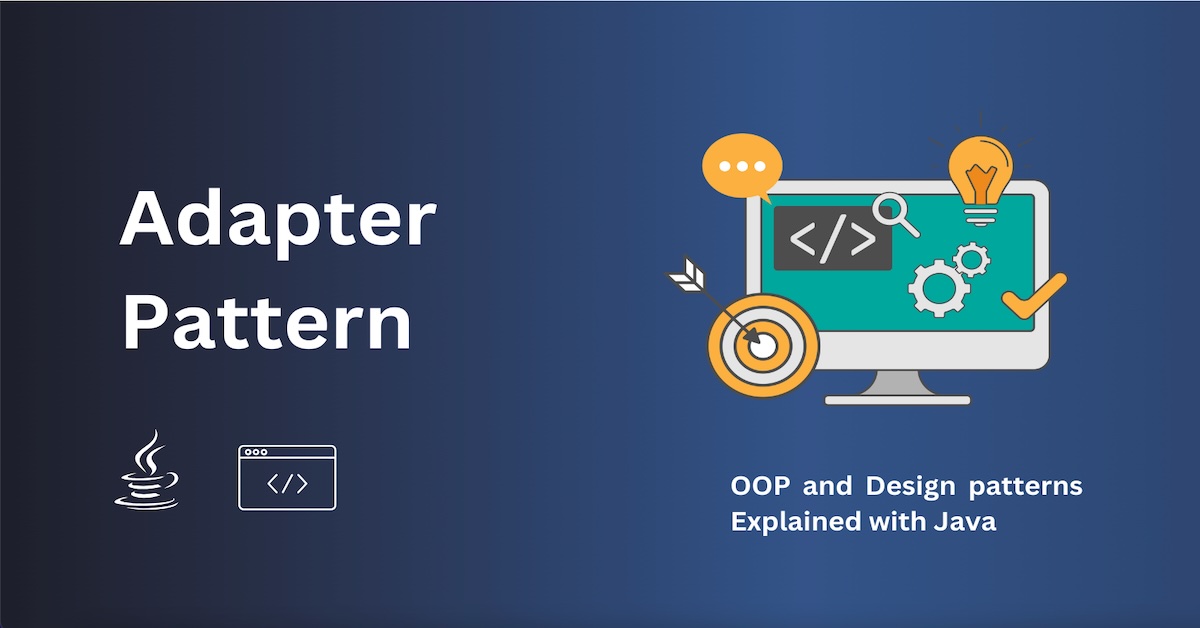
Ever needed to connect two incompatible interfaces without changing their source code? That’s exactly where the **Adapter Pattern** shines! The Adapter Pattern is a structural design pattern....
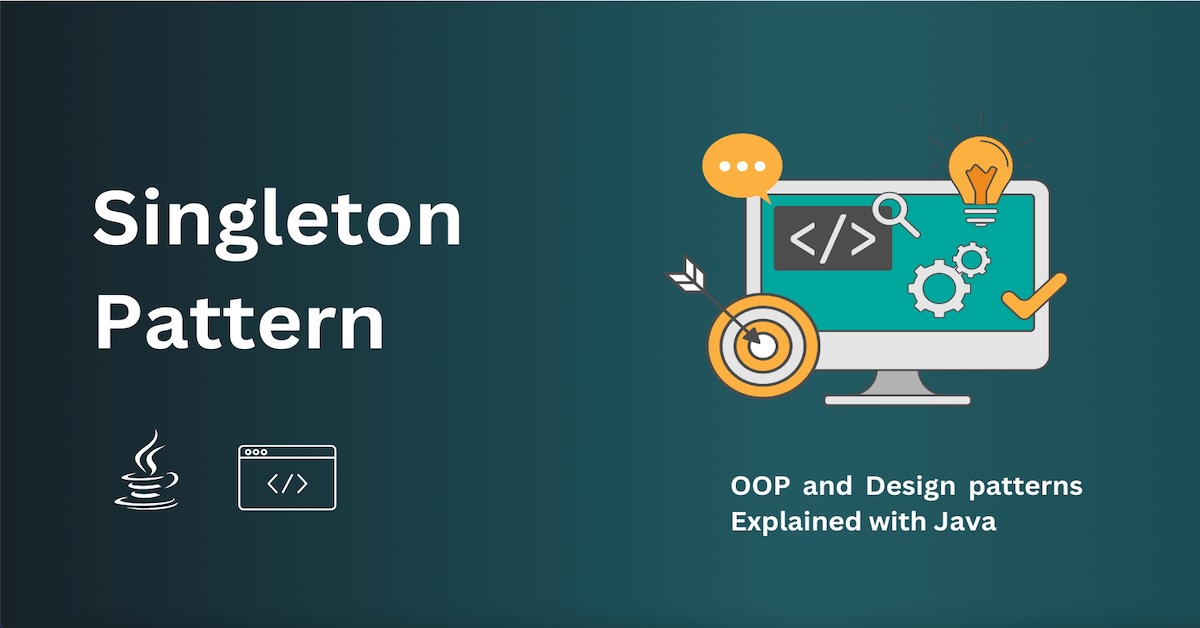
Ever needed just one instance of a class in your application? Maybe a logger, a database connection, or a configuration manager? This is where the Singleton Pattern comes in — one of the simplest....
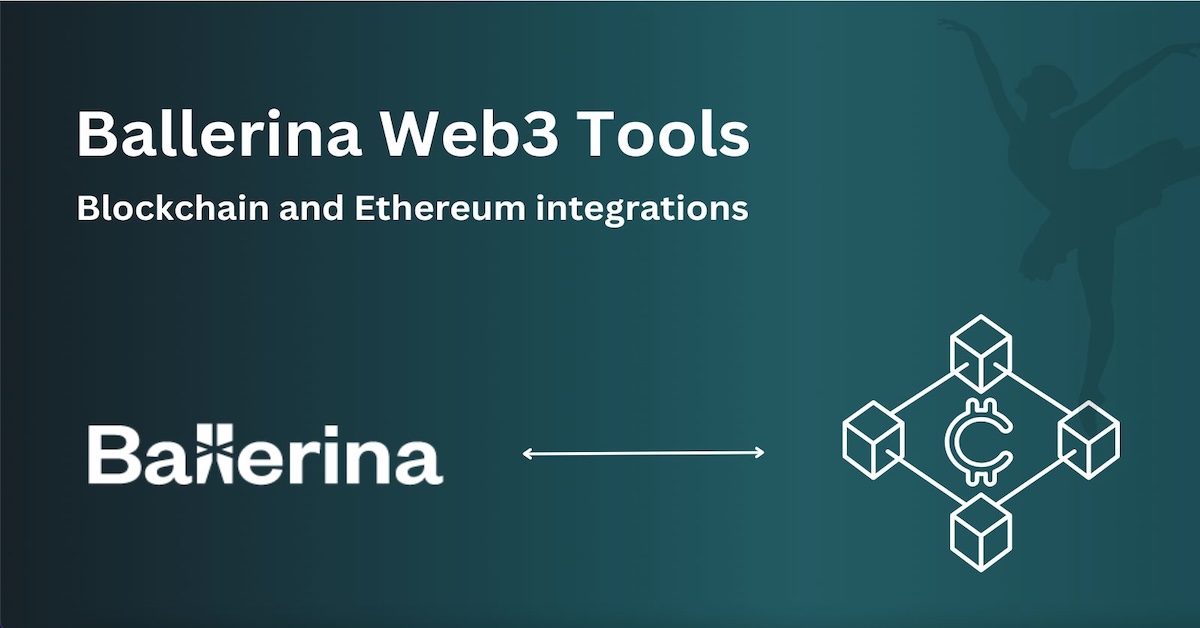
🚀 Excited to finally share my journey of building a web3 CLI tool for Ballerina! This tool bridges the gap between Ethereum smart contracts and the Ballerina programming language by automatically....
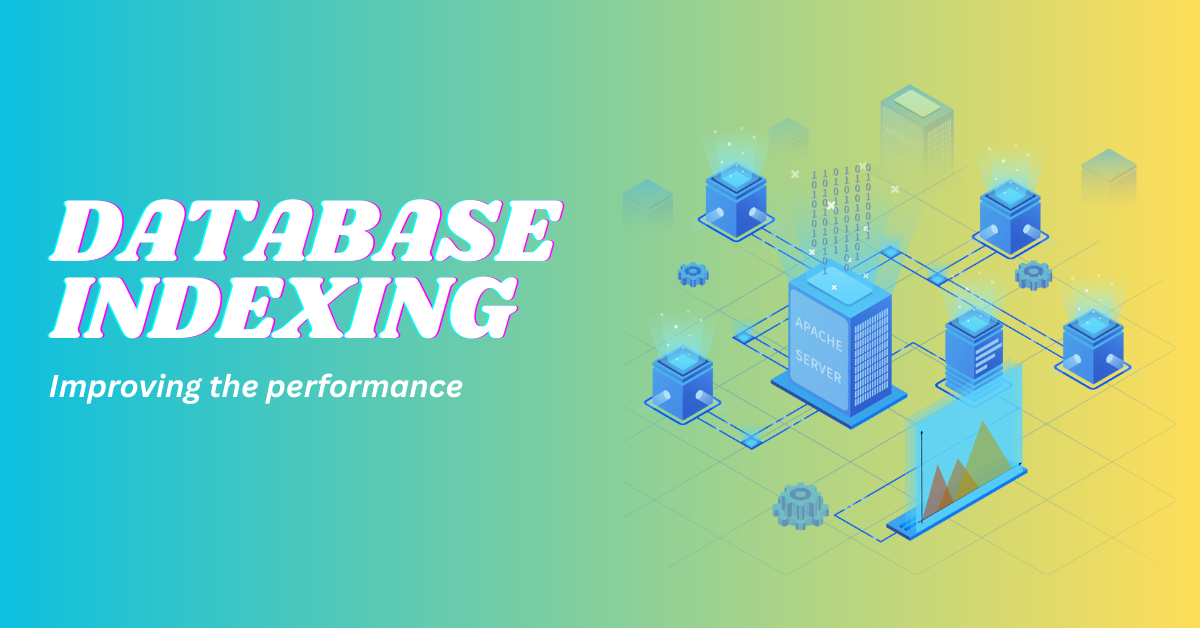
In the world of databases, speed matters. Whether you're powering an e-commerce store, a social media app, or a business dashboard — users expect data to load instantly. That’s where database....

When working with databases, one thing is absolutely critical: keeping your data safe, consistent, and reliable. That's where ACID properties come in — a set of principles that ensure every....

hiii, I selected an interesting topic to discuss. Here, we are going to disassemble a binary file and take a look at what it does. This process is called reverse engineering. Let's run the program....

The stack is an important concept in computer science. If you are planning to learn reverse engineering, malware analyzing, exploitation, etc., this concept is a must to learn. After learning about....

GDB is shipped with the GNU toolset. It is a debugging tool used in Linux environments. The term GDB stands for GNU Debugger. In our previous protostar stack0 walkthrough tutorial, we used GDB....

Hi all, It's a new article on something cool. Here we are going to see how we can use the Hubspot schema connector with Ballerina. When it comes to building connectors for seamless integration....

Edge computing is a distributed computing paradigm where computation and data storage are performed closer to the location where it is needed. Instead of relying solely on a centralized data center,....

Metasploit is a powerful penetration testing framework that automates exploit development, generates shellcode, and acts as a listener for incoming connections. This tutorial introduces how to create....

Assembly language is a low-level programming language that provides a human-readable representation of a computer's binary instructions. Unlike high-level languages like C, C++, or Python, which are....

A web shell is a type of code that hackers use to gain control over a web server. It is particularly useful for post-exploitation attacks, and there are various types of web shells available. Some of....

The Open Worldwide Application Security Project (OWASP) is a nonprofit foundation focused on improving the security of software. It provides free, vendor-neutral tools, resources, and standards that....

# JWT - JSON Web Tokens JWT is short for JSON Web Token. It is a compact and secure way to send information between two parties – like a client (browser) and a server. We usually use JWTs....
